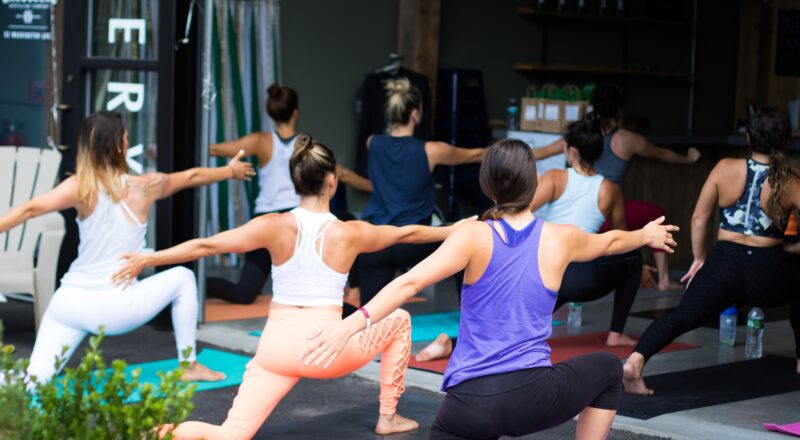There are various types of yoga, today let’s shed some light on one of the more general and widely-used ones– Hatha yoga.
“Most forms of yoga in the West can be classified as Hatha Yoga,” says Yoga Journal. “Hatha simply refers to the practice of physical yoga postures, meaning your Ashtanga, vinyasa, Iyengar and Power Yoga classes are all Hatha Yoga. … Hatha practices are designed to align and calm your body, mind, and spirit in preparation for meditation.”
Hatha is often the kind of yoga people begin with if they are new to yoga and just starting out. Hatha yoga is often used, in the West, for exercise and other health benefits. I talk more about these benefits in my HubPages article, “Medical and Mental Benefits of Practicing Yoga.”
People can practice Hatha for many different reasons other than exercise too. In other cultures Hatha is more than exercise: it involves ideas/virtues of ethics, diet, cleansing, breathing, meditation, and spiritual development.
Early Hatha yoga texts state that a successful yogi has certain characteristics, according to Wikipedia. For example, the Hatha Yoga Pradipika, “states these characteristics to be utsaha (enthusiasm, fortitude), sahasa (courage), dhairya (patience), jnana tattva (essence for knowledge), nishcaya (resolve, determination) and tyaga (solitude, renunciation).”
Hatha yoga is used today for both physical and spiritual purposes.
In a Hatha Yoga class, you can expect a more gentle approach “that focuses on static poses and is great for beginners,” says Ann Pizer, a registered yoga instructor. “While each class varies depending on the instructor, most classes last between 45 minutes and 90 minutes,” she says. “Classes typically start with a gentle warm-up, advance to more physical poses, and end with a short period of meditation.”
Wikipedia says the Hatha yoga texts emphasize proper diet, proper body cleansing, proper breathing, and proper posture.
They provide common asanas or postures used in Hatha yoga (these are their English names):
- Fortunate
- Serpent
- Rooster
- Tortoise and raised tortoise
- Crocodile
- Frog and raised frog
- Fish and lord of the fishes
- Peacock
- Lotus
- Corpse
- Lion
- Camel
- Hero
- Tree
and more!
Try some of these poses to calm your mind, body, and spirit.
Sources:
https://www.yogajournal.com/yoga-101/types-of-yoga/hatha
https://hubpages.com/health/Medical-and-Mental-Benefits-of-Practicing-Yoga


Recent Comments